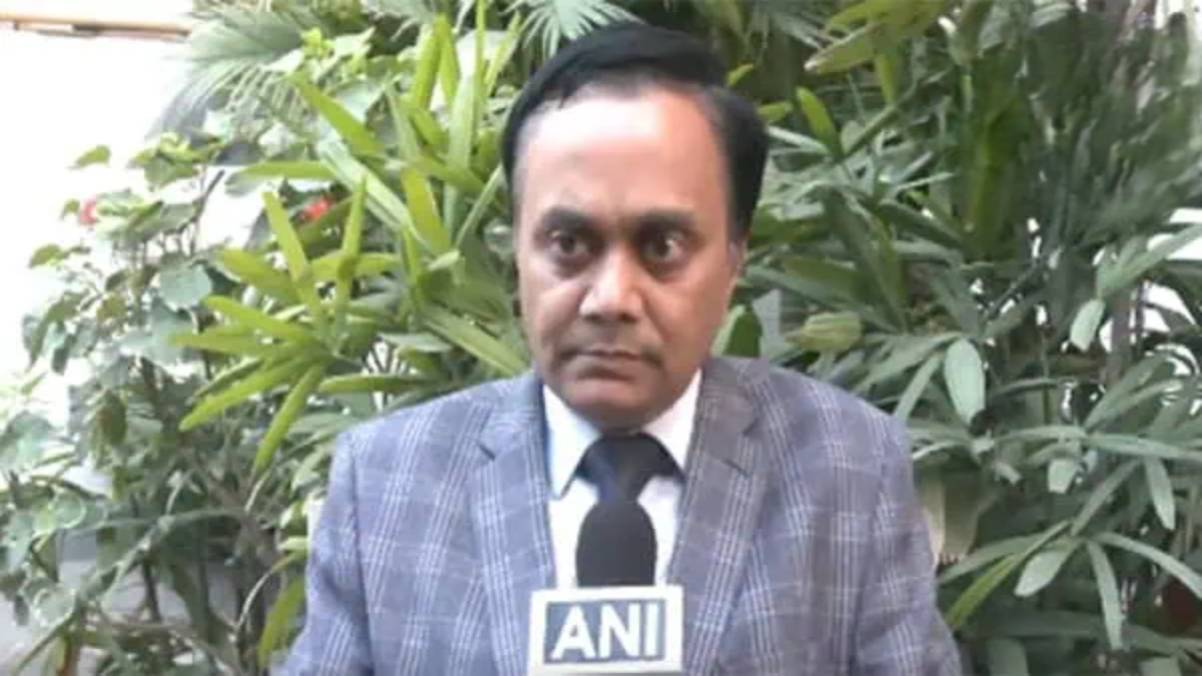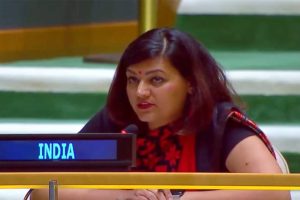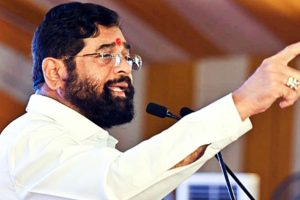Defence expert Sanjeev Srivastava on Monday described the upcoming Director General of Military Operations (DGMO)-level talks between India and Pakistan as a critical step toward stabilizing the fragile ceasefire, stating that the focus would be on solidifying the understanding reached between the two nations.
“This meeting is very important. The focus will be on the understanding reached between India and Pakistan—how to continue it and make it permanent, ensuring Pakistan doesn’t violate the agreement again or take provocative steps,” Srivastava told ANI in Varanasi.
His comments came a day after Indian DGMO Lt Gen Rajiv Ghai revealed details of a May 10 conversation with his Pakistani counterpart, which had initially led to a temporary cessation of hostilities, including cross-border firing and airspace violations. However, Lt Gen Ghai said Pakistan violated the agreement just hours later.
“It took only a couple of hours for the Pakistan Army to breach the arrangement through cross-border and LoC firing, followed by drone intrusions,” Ghai stated during a press briefing. He confirmed that these actions were met with a robust response by Indian forces.
Ghai also informed the public that another round of DGMO-level talks is scheduled for May 12 at noon to discuss ways to sustain the ceasefire agreement. Meanwhile, a hotline message has been sent to the Pakistani side, warning that any further violations would be met with a strong and immediate response.
“The Chief of Army Staff has granted full authority to our Army Commander for counteraction if Pakistan violates the agreement again,” he added, emphasizing India’s readiness for any situation.
The Indian DGMO stressed that while Pakistan’s actions remain unpredictable, India’s concern lies solely with how it chooses to respond. He reiterated the military’s preparedness and firm resolve to defend national security.
The talks and the expert’s remarks come amid heightened tensions following repeated ceasefire violations, and India’s firm stance signals a strategic shift toward both diplomatic engagement and military readiness.





